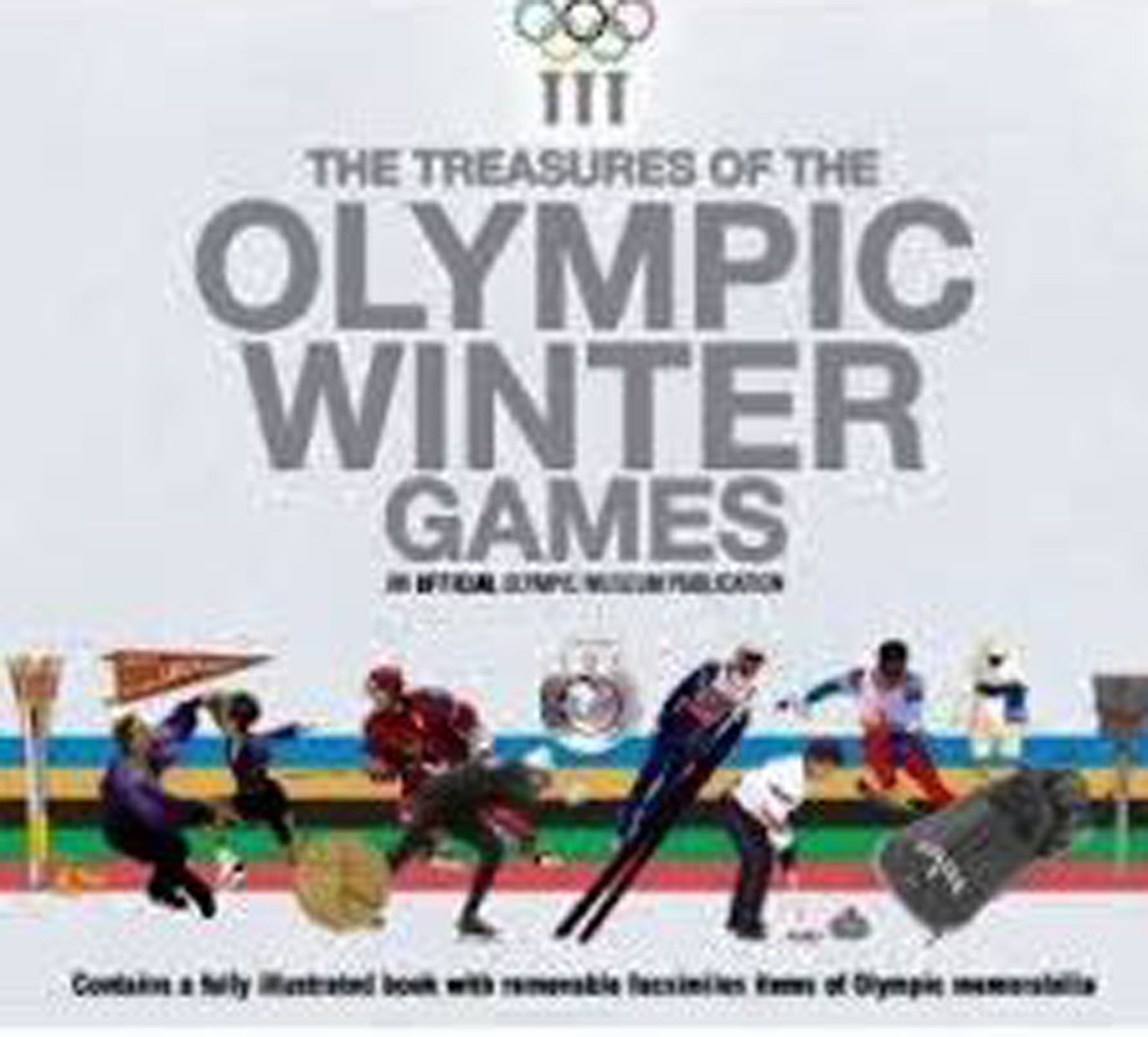Book of the week: Treasures of the Olympic Winter Games

Your support helps us to tell the story
From reproductive rights to climate change to Big Tech, The Independent is on the ground when the story is developing. Whether it's investigating the financials of Elon Musk's pro-Trump PAC or producing our latest documentary, 'The A Word', which shines a light on the American women fighting for reproductive rights, we know how important it is to parse out the facts from the messaging.
At such a critical moment in US history, we need reporters on the ground. Your donation allows us to keep sending journalists to speak to both sides of the story.
The Independent is trusted by Americans across the entire political spectrum. And unlike many other quality news outlets, we choose not to lock Americans out of our reporting and analysis with paywalls. We believe quality journalism should be available to everyone, paid for by those who can afford it.
Your support makes all the difference.Britain may be minnows when it comes to winter sports, but we did invent modern sledding, and we’ve had our moments in figure skating too. Indeed, as this book reminds us, figure skating first appeared on the Olympic schedule in London in 1908.
Carlton have carved out a niche in publishing well-researched and lavishly illustrated histories of major sporting events, with the added twist that they include a bundle of facsimile printed ephemera. This one, using material culled from the International Olympic Committee’s archive, is up to their usual demanding scratch.
The fun lies in the detail: for instance, the 1964 Innsbruck guide for visitors counsels those arriving by car that “anti-freeze precautions should be taken”. You don’t say. They also helpfully include Austria’s customs regulations, stipulating among other things that visitors may only bring in “one camera, with 12 plates or two rolls of film”, which sounds rather stingy.
A letter to the IOC from the 1960 Squaw Valley organising committee queries a regulation that apparently requires men and woman to be segregated, stating firmly that “considering the relatively small size of our Village, we are not intending to erect a fence around the building accommodating female competitors exclusively”. Back in 1932, another letter to the IOC from the panicked Lake Placid organisers bemoans the number of countries threatening to pull out due to lack of funds in the recession.
As you would expect from an official IOC publication, the text is resolutely non-contentious: no mention of the Salt Lake City 2002 bribery scandal, or the hoo-ha over gay rights in Russia that has shadowed the build-up to this year’s Winter Games. But as a celebration of the strictly sporting side of this quadrennial show in the snow it’s a delight.
Published in hardback with inclusions by Carlton, £30
Join our commenting forum
Join thought-provoking conversations, follow other Independent readers and see their replies
Comments